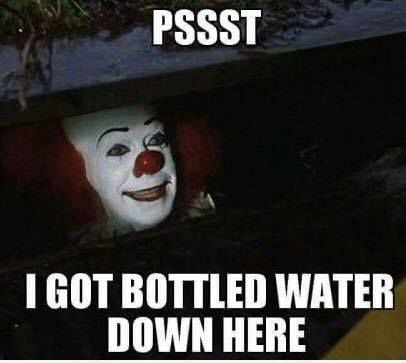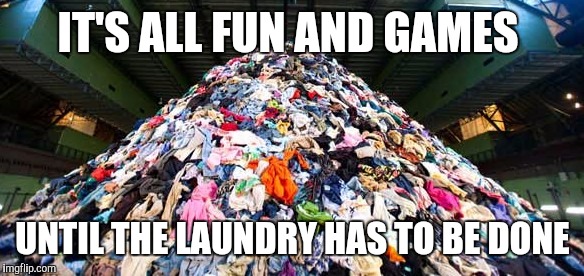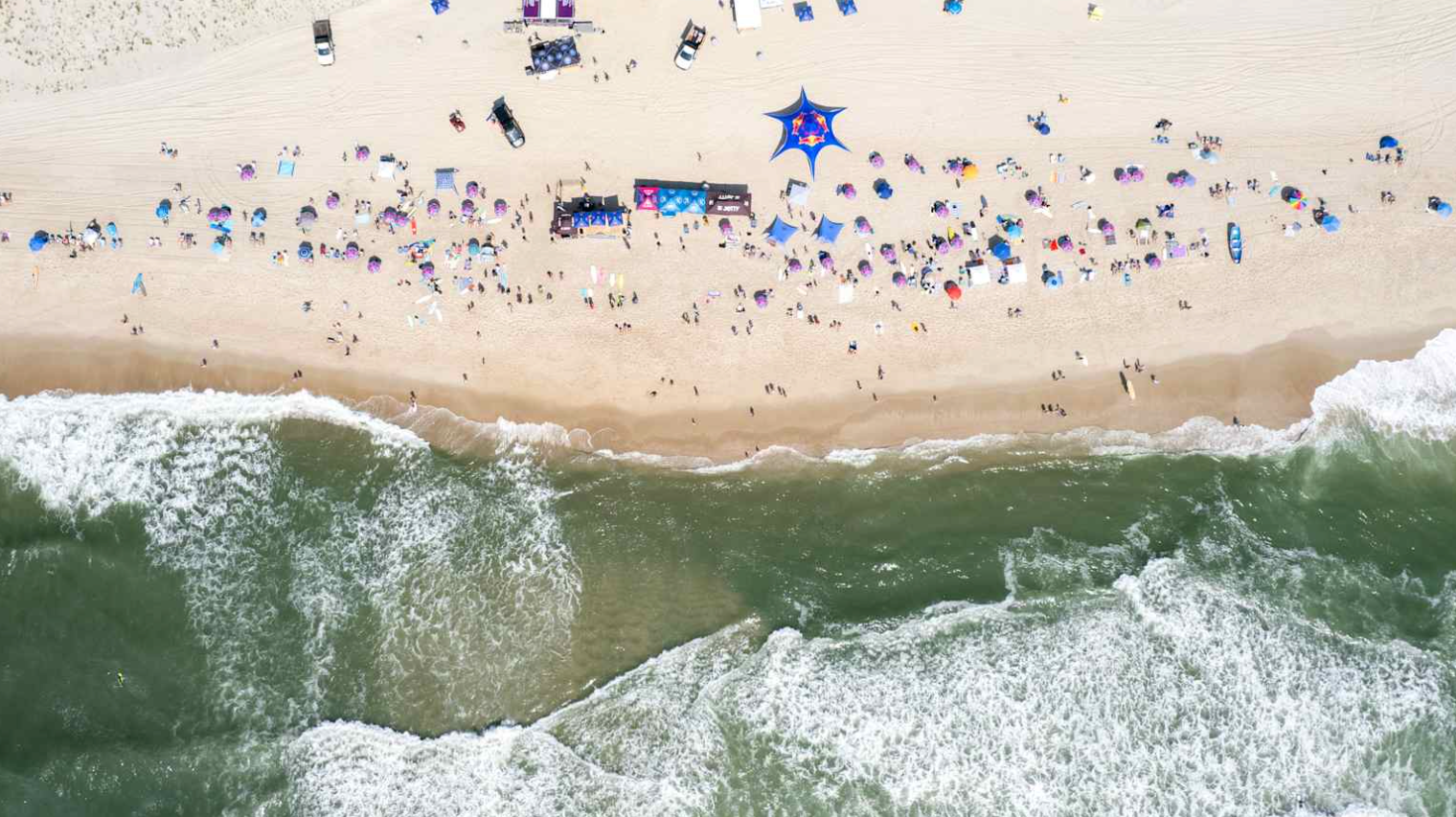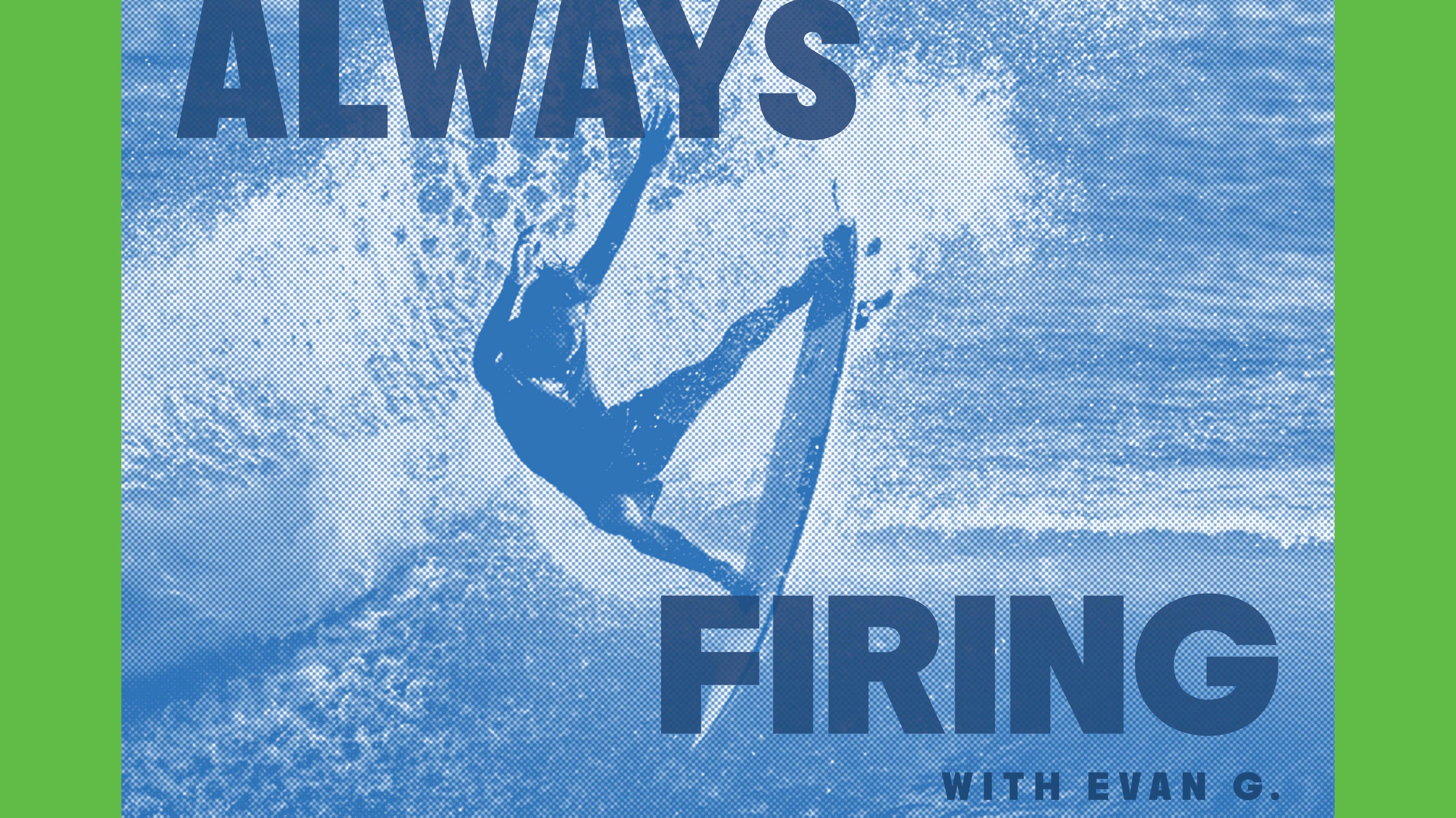HURRICANE SURVIVAL:
WHAT THE NEWSCASTS MIGHT NOT REMIND YOU TO DO
Written by: Phyllis Cambria
After living in South Florida for more than 45 years, we have dealt with a number of tropical storms and major hurricanes. While we’ve been lucky and haven’t been badly affected by most of the storms, there are some things that have happened in every storm even if we didn’t get much or any damage.
We ALWAYS lose power.
So, yes, follow the info that your news channel or newspaper suggests.
These are things that are rarely mentioned in those hurricane guides but these are things that we’ve learned over decades of storms. While I’m not saying this will happen to you with Dorian (or any other future storm for that matter), I’m of the “better to be safe than sorry” mindset.
Here are some things we have learned from past storms and suggestions of what you should do now:
WATER
It never fails. Each storm causes a panic for water. People will wait for hours on a line to get water or will travel from store to store looking for bottled water. I won’t do it. I already have water! If you’re worried about having enough drinking water, before the storm, clean and then fill whatever empty bottles you have. You also can fill water pitchers, pots with lids (or plastic wrap or tin foil to cover), bowls, vases – anything that will hold water. And remember, you likely won’t need any of this because needing to boil water only happens if clean and salt water mixes together and/or overflows or a pipe bursts. While newscasters will occasionally mention this next item, you should also clean out a bathtub if you have one, wipe the clean tub with bleach, fill the tub and add a cup of PLAIN bleach (without fragrances or other additives). Then cover the tub so debris and dust doesn’t get in it. You can cover it with a sheet, plastic bags or perhaps an old shower curtain. That water works fine for bathing, cleaning or flushing a toilet. Speaking of bathing, once the storm starts, try to conserve your hot water. If the power goes out, your hot water heater will keep water warm for a while but it won’t be hot. This is going to be especially comforting for QUICK lukewarm showers when you’re sweating for lack of A/C.

DO YOUR LAUNDRY!
While we sustained little damage from Hurricane Andrew, we were without power for 10 days. This proved to be a problem because I was working in an office and had not done laundry in two weeks and only had wrinkled clothes that I had hand-washed and hung out to dry (which is A LOT of work). When you have a clothes dryer, that diminishes wrinkles. Iron clothes if necessary because with only wrinkled clothes, it was an embarrassing time at work. You should also pick up a bottle or two of “Wrinkle Release” at the supermarket (usually kept near the fabric softeners). If your clothes are a bit wrinkled from hanging in your closet or after being folded or after you’ve had to line dry them, you can spray Wrinkle Release and smooth out your clothes with your hand. (Storm or not, I always have it on hand!)

COPY IMPORTANT PAPERS
Scan or make a copy of your insurance policies (home, medical and car), physician and pharmacy information (prescription numbers and name of meds), your driver’s license and car registration, birth certificate, pet licenses and vaccinations, passport and anything else you might need at some point to file a claim or prove your identity. E-mail or snail mail copies to a friend or family member who lives out of the area that may get affected by the storm so that if you need something and you somehow lost it or the original was damaged, the information is still available if you need to make a claim, get meds, and so forth. Keep the originals in a fireproof/waterproof box. If you don’t have a fireproof container, at least make sure your papers are kept in waterproof bags or containers.
PET SUPPLIES
While you will want to make sure you have enough food, make sure you can access your pet’s license and vaccination papers because if you would need to evacuate or go to a pet-friendly shelter or hotel, you will often be asked to show that paperwork before being allowed to go somewhere. Check to see where you can board your dog if you plan to evacuate and can’t take your pet. Also, keep in mind that storms are loud! If you have a pet that is normally skittish or afraid of storms, check with your vet about meds or accessories that will help with your pet’s anxiety.

RUBBER BOOTS & RAIN GEAR
Of course you’re not going out in the storm, but standing water can last for days after the storm or you might find that debris has blocked your neighborhood’s storm drains and you now have flooding. Make sure you have boots to go out (in the eye of the storm for some quick EMERGENCY repairs) so you have some protection. Remember debris and floating critters (like snakes!) can be in the standing water so you’ll want more protection that your sneakers or athletic shoes can provide. Rain gear is also helpful since umbrellas can blow out when there is wind and storms will generate lots of wind even after the main storm has passed.

WORK GLOVES
Debris, broken glass, sharp metal and so forth. Do I really have to explain more why these are necessary?
KEEP IT COOL
Yes, you will want to stock up on ice cubes. Fill a plastic bag with the ice cubes and keep in freezer and make more ice. You should also freeze some water bottles for several reasons. If you lose power, you can use the frozen water bottles to keep food cold in the fridge or freezer and when the liquid starts to thaw, a cold drink is always welcome. You should also get a SMALL ice chest to keep the refrigerated items you use often in the small chest. That way you won’t keep opening your fridge to get things you might need as food sources (milk, mayonnaise, formula, medicines that need to be cold, etc.) easily available. Then those bottles of liquid you froze can be used in the chest as well. Remember a larger block of ice will stay cold longer than melting ice cubes.
LOWER YOUR AC
Speaking of staying cool, if you’re without electricity, you’re also without A/C. Before the storm, lower your thermostat. Keep your windows covered to block the sun’s rays. That way your house’s interior will stay cool longer. And think twice before opening windows especially when the wind is gone.

HAIR TIP
All you’ll be doing is making your home more humid. Wash & Wear Hair? If the power goes out and you’re lucky enough to have wash and wear hair, great! If you’re like the rest of us and need that hair dryer, curling iron and/or electric rollers, make sure you wash your hair and style it before the storm. Also keep dry shampoo on hand to extend the need to wash it. If it gets to the point where you need to wash your hair, prepare to do it when you can use regular curlers/rollers and have the time for your hair to dry. To speed things up, let your hair slightly dry before putting it in rollers. That way you won’t have to have the rollers in your hair for as long. You also might want to think about pulling your hair into a pony tail or bun or using scarves, hats and hair clips to make the style look intentional. Of course, all of this only applies if you have a job that puts you out there with the public or if you work in a conservative office.

GET CASH
Some stores and restaurants might be open shortly after the storm but they might not have the ability to take credit cards. If that happens, you’ll want to make sure that you have sufficient cash on hand.

CHARGE IT
Of course you will want to have your cell phone fully charged especially if you don’t have a land line. What that means is that you should use your phone ONLY IN AN EMERGENCY until after the storm so you won’t have to waste power. If your family and friends won’t abide your wishes to go silent for a while, turn your phone off and turn it on just periodically to check for weather updates if your power goes out or to check on emergencies, not just the usual chatter. And make sure you have a car charger and any auxiliary power chargers to use just in case and especially after the storm has passed.

DOCUMENT IT
Take photos of EVERYTHING in and around your house. Open closets and drawers. Take multiple photos of your car and its condition. (Yes, these are more important than selfies.) When you’re filing a claim, the insurance company will not necessarily believe you. If you have pictures (and take close-ups for expensive items), it will be more difficult for the insurance company to dispute a claim. You can send the photos to a family member or friend outside the storm’s reach or upload it to a photo sharing website.




